
En cure ou enchaînés chez des guérisseurs: sortir de l'enfer du kush pour des Sierra-Léonais
"I made a promise to myself that I wouldn't go back... kush is killing us slowly," Mariama sighs, filling a bag with everything that remains of her life after seven weeks in one of Sierra Leone's only detox centers for the devastating drug that ruined her marriage.
In April 2024, Sierra Leonean President Julius Maada Bio declared a state of emergency in response to the mass death toll and the ravages of "kush," a cheap and highly addictive synthetic drug.
The only national drug rehabilitation center in this very poor country has been able to offer treatment to 309 drug addicts since its opening in February 2024. A second official center just opened on May 16 in the south.
On this day in late April on the outskirts of Freetown, 52 Sierra Leoneans aged 17 to 35, most of them who fell into kush as students, are reunited with their families and freedom after their treatment: seven weeks in a camp, guarded by soldiers and supervised by medical staff and social workers.
Some still have a haunted look or remain slow in their speech.
According to recent scientific analyses, Sierra Leone kush contains nitazenes, powerful and often deadly opioids, some of which are 25 times more potent than fentanyl, and/or synthetic cannabinoids.
Devastating, it damages vital organs, causes drowsiness, mental disturbances and hallucinations.
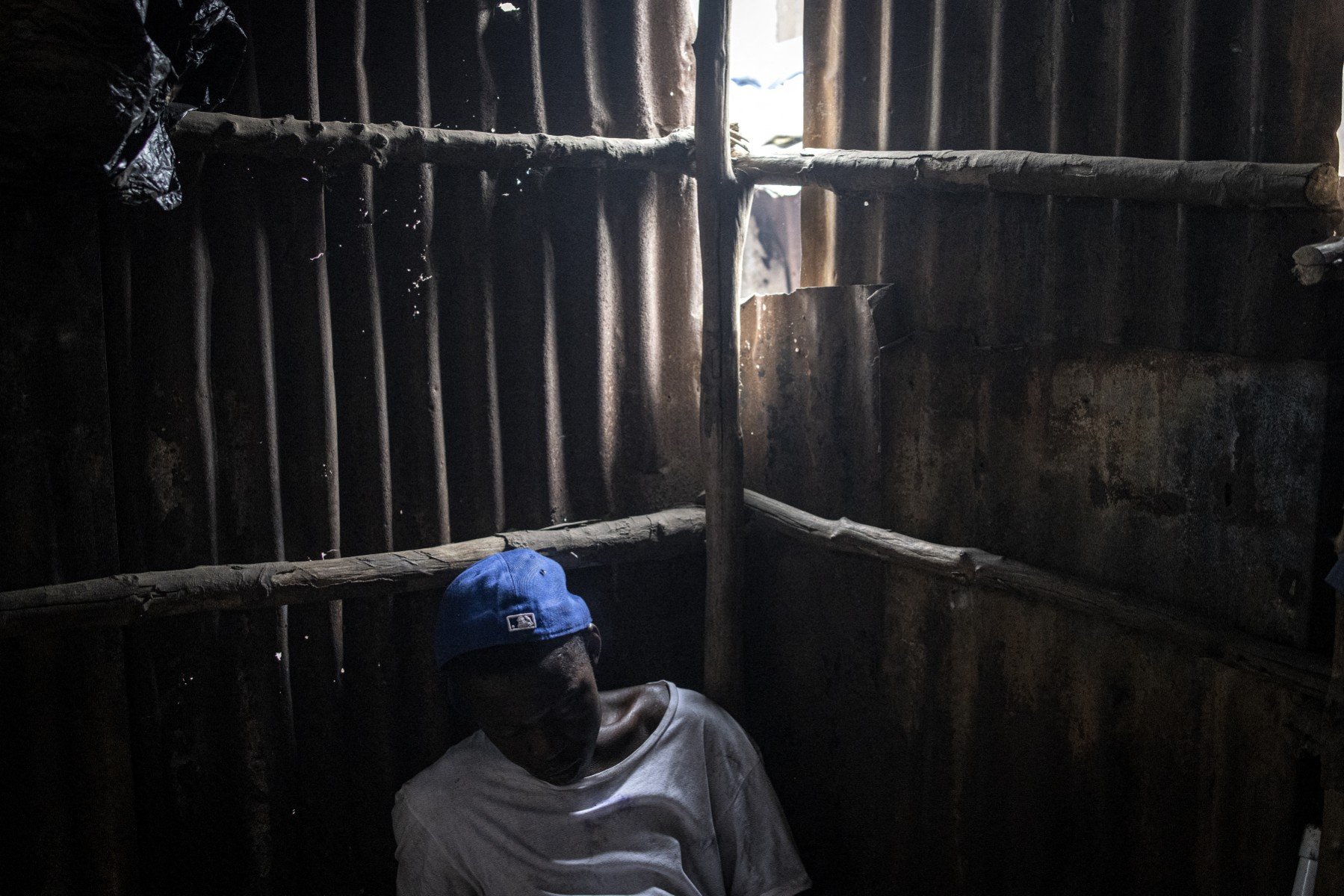
Mariama Turay, 29, beautifully made up, hugs her dorm neighbor, Binta Bah, 28, 8 of whom have been addicted.
"Today we're out. Mariama, Binta, Isata: the best," proclaims graffiti in the dormitory.
Sweet Mariama had a start in her acting career before falling into kush at 27. Her relationship with her husband—a user and dealer who initially gave her kush to help her sleep—was difficult.
She recounts her irrepressible need to smoke and the abandonment of her husband, exiled by his family to Canada where he would receive treatment and remarry.
Taking refuge with her parents, it's a descent into hell.
"I was so furious: I started smoking all the time, I sold my furniture, my television, my wedding ring; I stole money from my mother to buy kush..." she confides. "If I wasn't doing drugs, my whole body would hurt."
The Freetown center has more than 2,000 people on a waiting list, meaning many young people have not had the opportunity to withdraw from drugs.
In "Calaba Town," a deprived suburb an hour's drive from the Sierra Leonean capital, some people are undergoing an almost inhuman detoxification process with a traditional healer, Hassan Kamara, 65.
Entering this barricaded house, the sight is terrible.
Weakened by hunger, thirst, and perhaps enforced sedation, six young men—all of whom arrived with a kush addiction—lay dazed, distressed, on mattresses that were filthy and stinking, iron chains and padlocks attached to stakes shackling their ankles.
"Parents have nowhere to take their children... there is too much suffering," says Mr. Kamara.
Manso Koroma, 31, who had his leg amputated at the knee, has been chained for four long months.
A former motorcycle taxi driver, he had to have surgery after a road accident and fell into kush to ease the pain and despair.
It was his sister who heard about Mr. Kamara's "reputation."
The healer shows the concoctions he gives to patients, using "plants and the Quran."
"When I first arrived here, I was very violent," but now "I'm better," Manso says, under the watchful eye of Mr. Kamara, who has declared him "weaned." "I just wish my sister would come and get me..."
Aliou Kargbo, 27, who has been chained for four months after a year of addiction, says he is "sad about all the time" he has "wasted."
Mr. Kamara claims to have weaned "2,160 patients" over the past two years. And would like "help" from the government to improve his reception conditions.
"Many human rights violations take place in these informal centers; we cannot legitimize them by helping them," responds Ansu Konneh, director of mental health at the Ministry of Social Welfare, who manages the national drug rehabilitation center in Freetown.
"We are trying to get patients out" of these informal centers, of which there are more than ten in the country, he says.
At the national center in Freetown, the success rate is difficult to assess after a year of operation. But Mr. Konneh predicts that "80%" of students selected for the treatment will succeed and return to university.
The melancholic gaze of Dominic Charles, in his twenties, reflects this challenge. Having become addicted to kush at 19 and having attended the national center a year ago, he has since returned to his studies and is hanging in there.
"Detox is as much about the inside as it is about the outside," he says. "It's all about the mind: the hardest part is seeing your old friends again... Some will want to make you go back."
In Freetown, Mariama, returning to the family home after her treatment, throws herself at her father's feet.
"Thank God, I found my daughter," says a distraught Ibrahim Turay. "I hope this has taught you a lesson..." he says. "Of course," sobs Mariama.
The young woman knows she will have to prove to her parents that she is "a new person." "If society doesn't accept us, it will be up to us to make ourselves accepted."
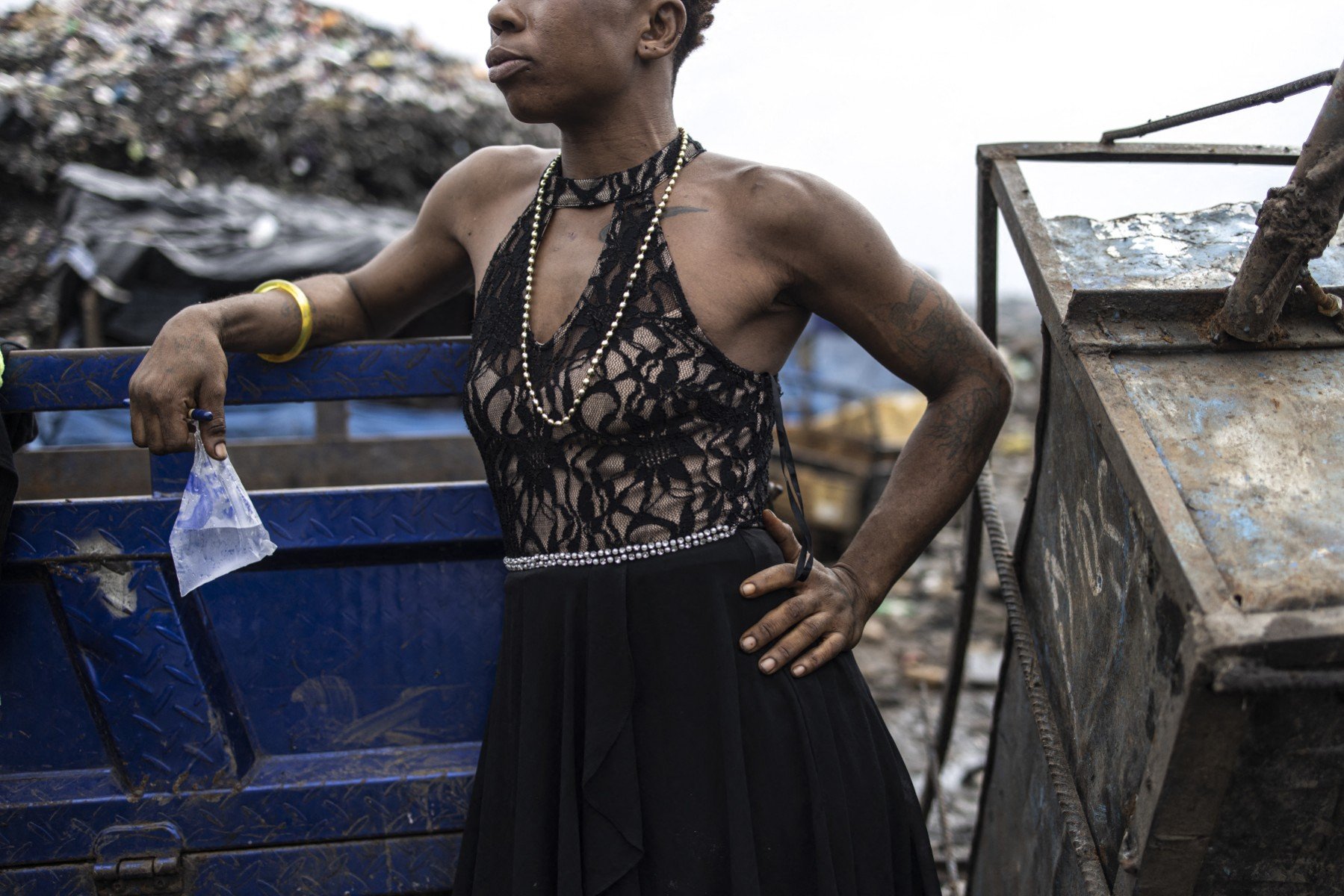
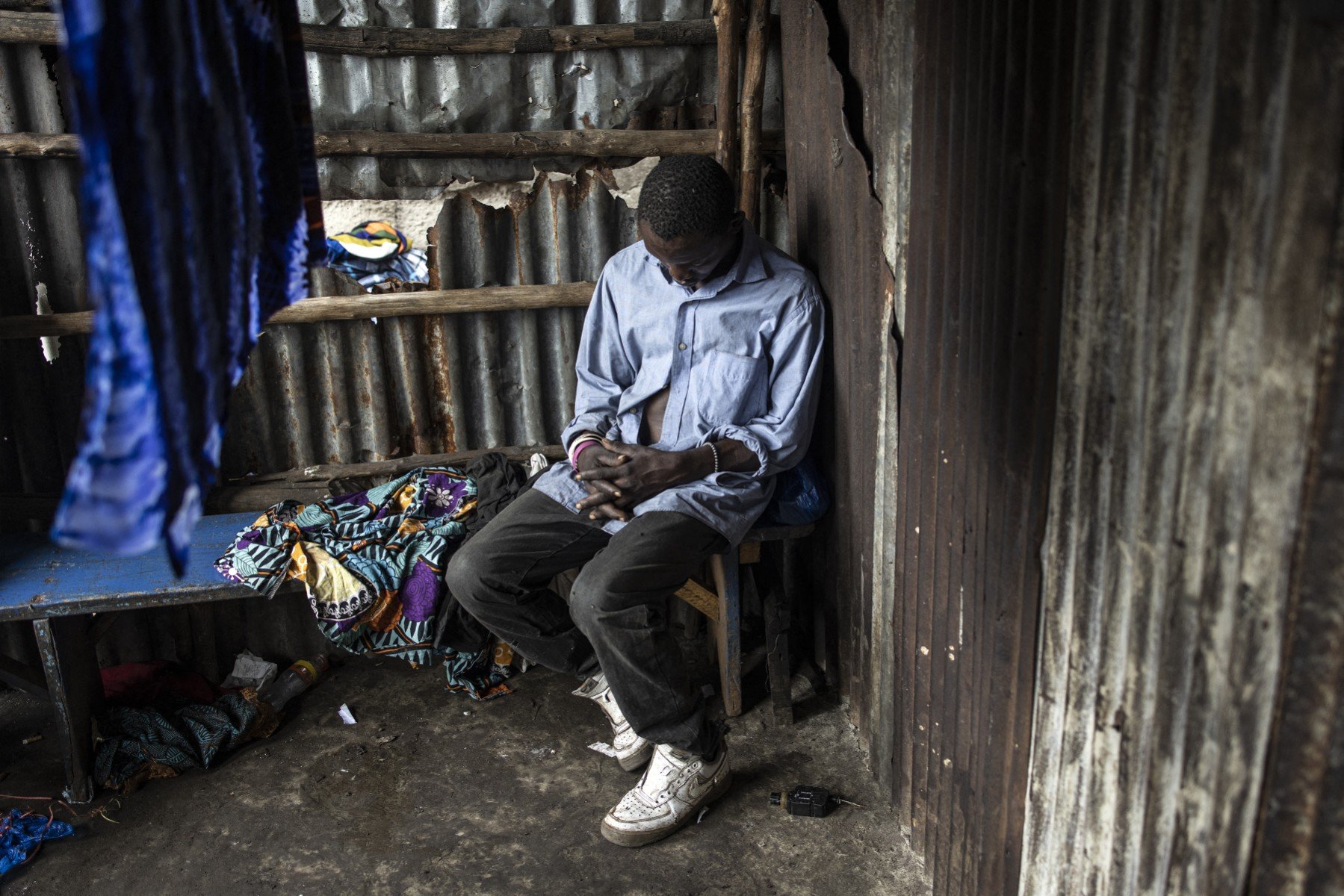
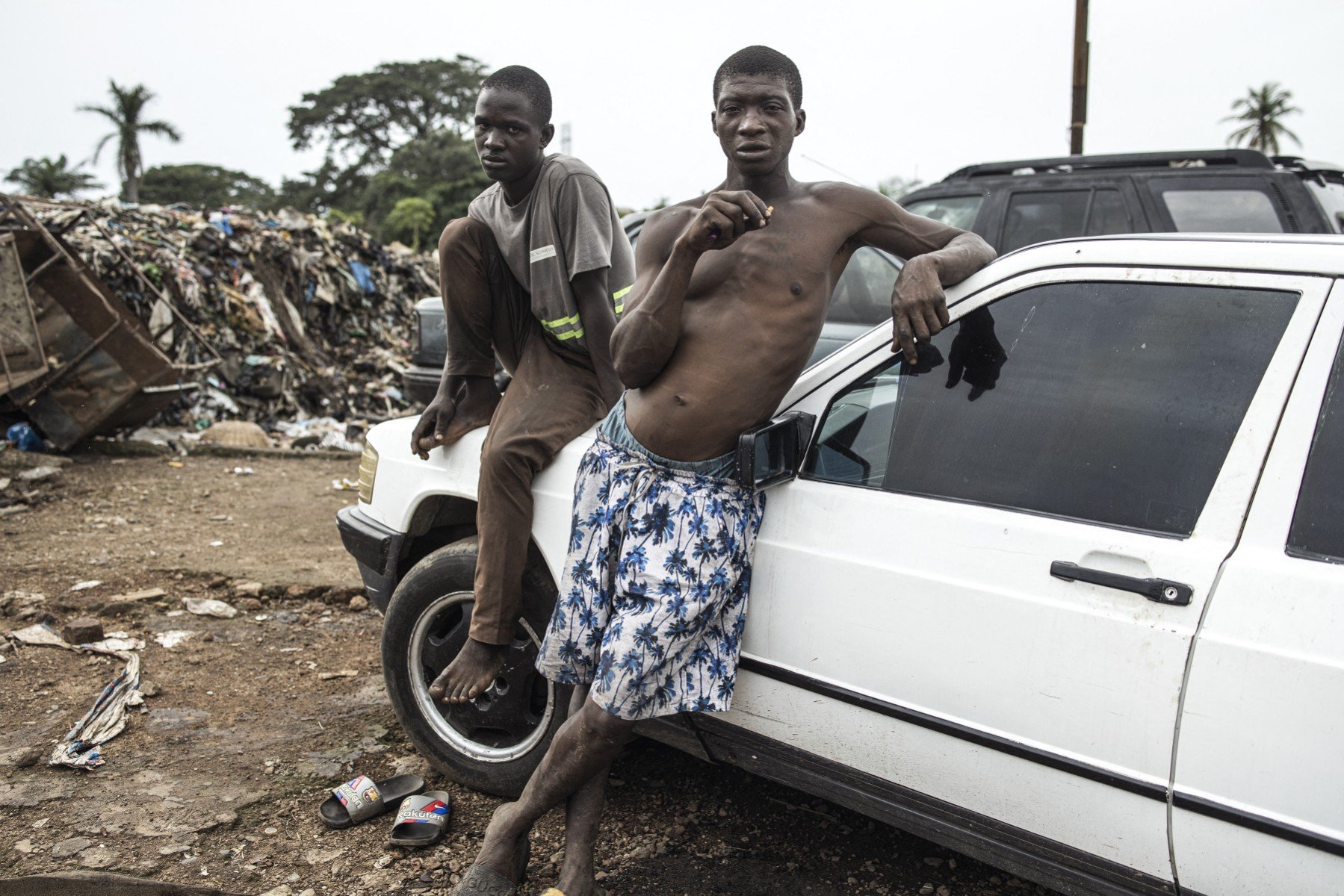
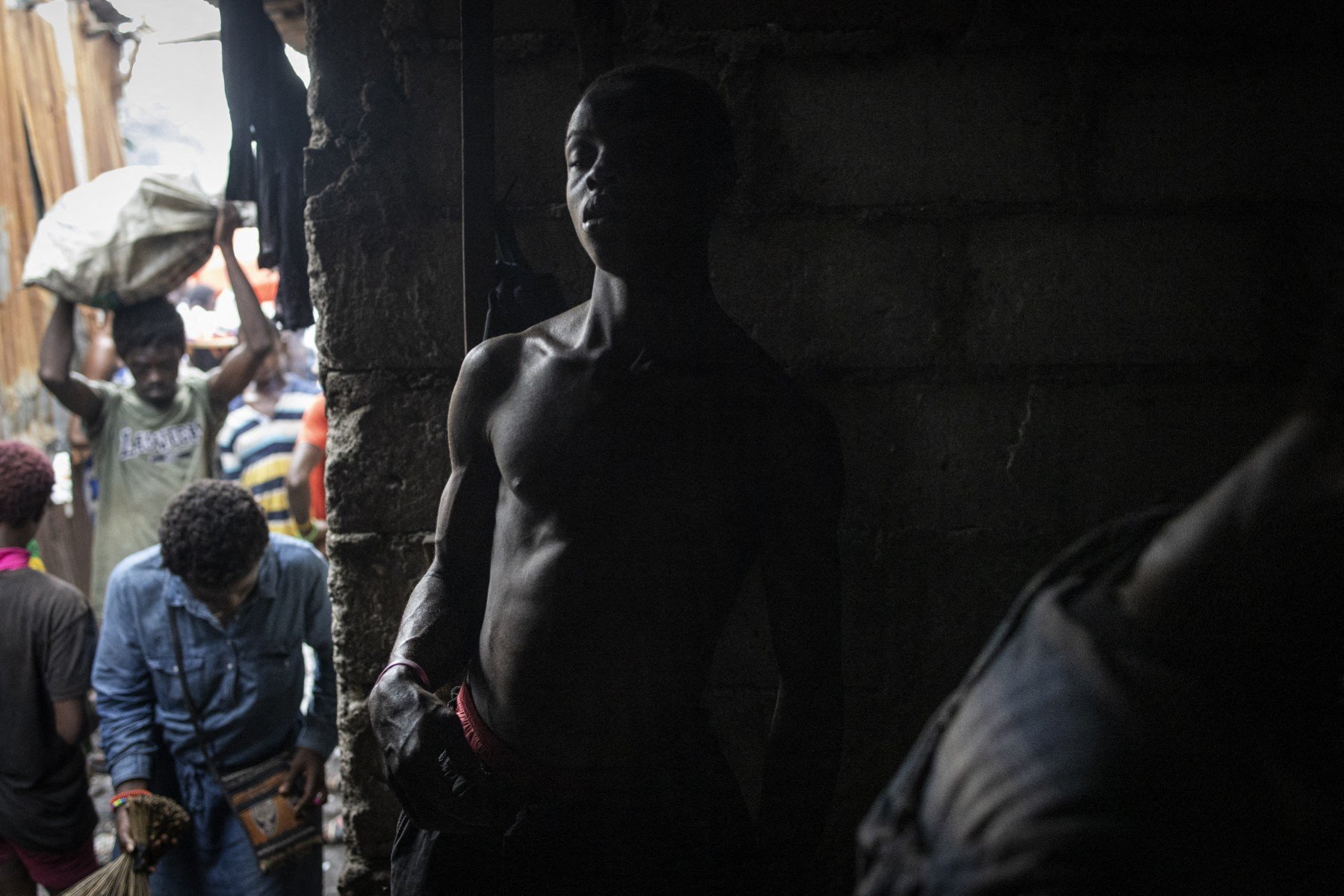
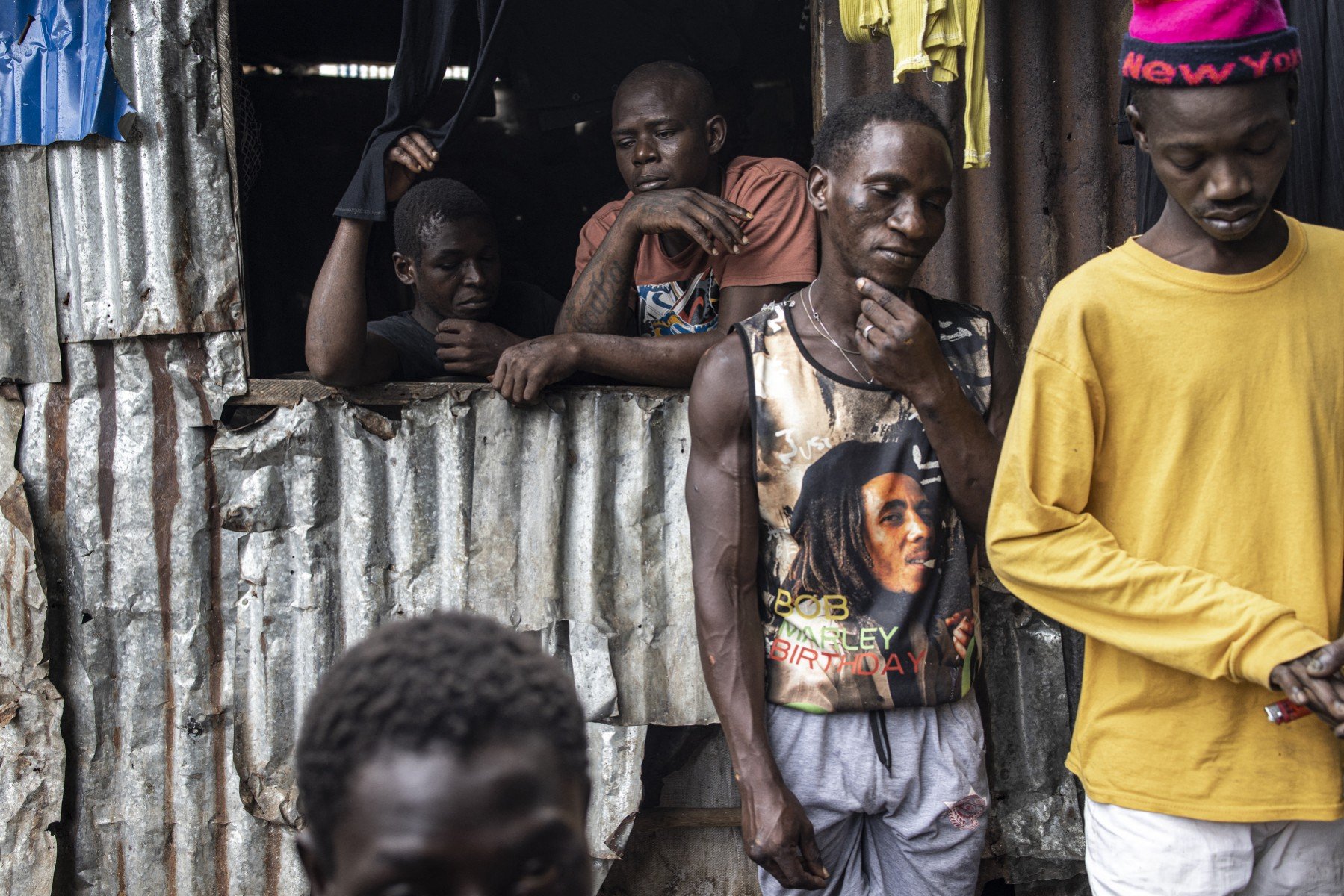
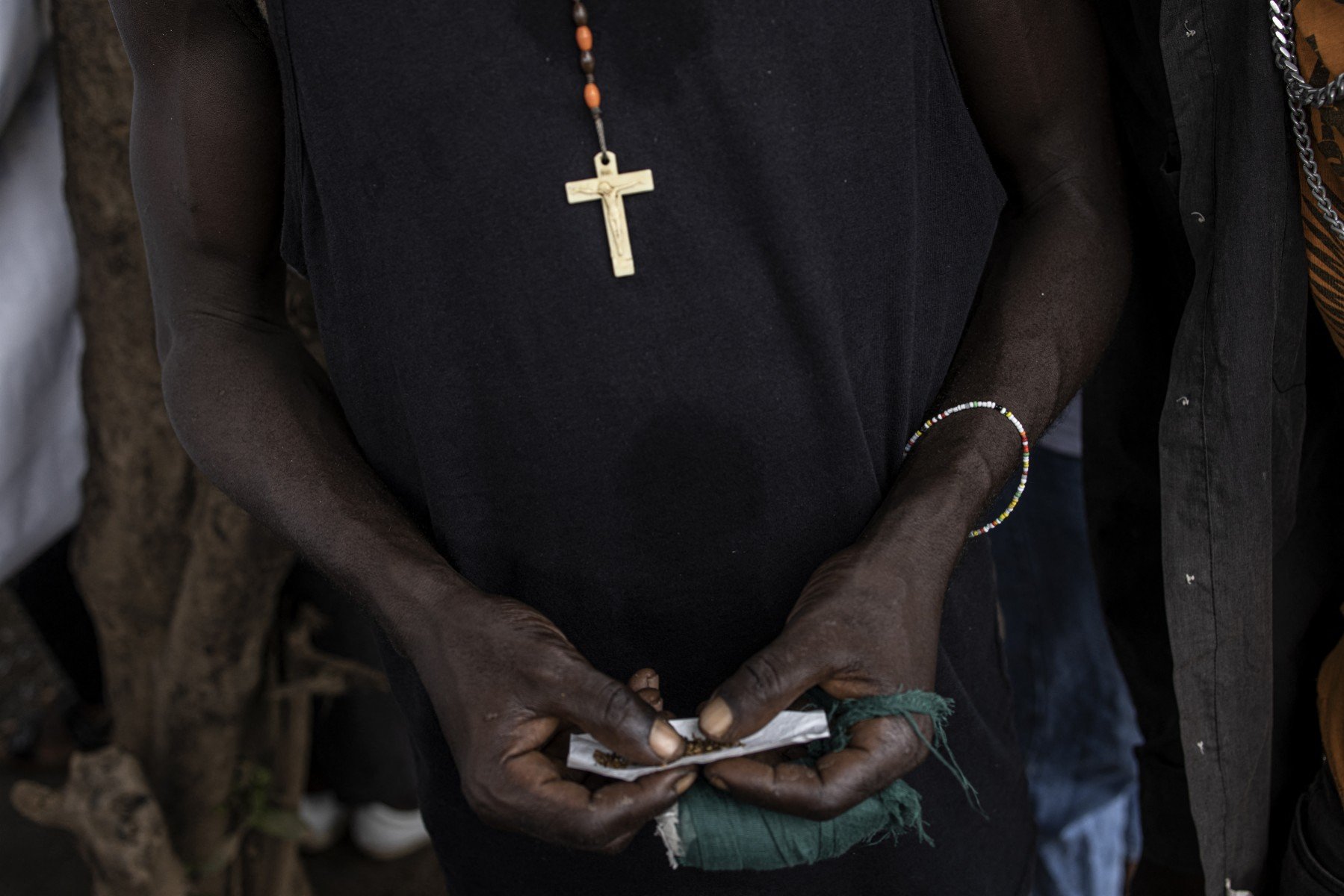
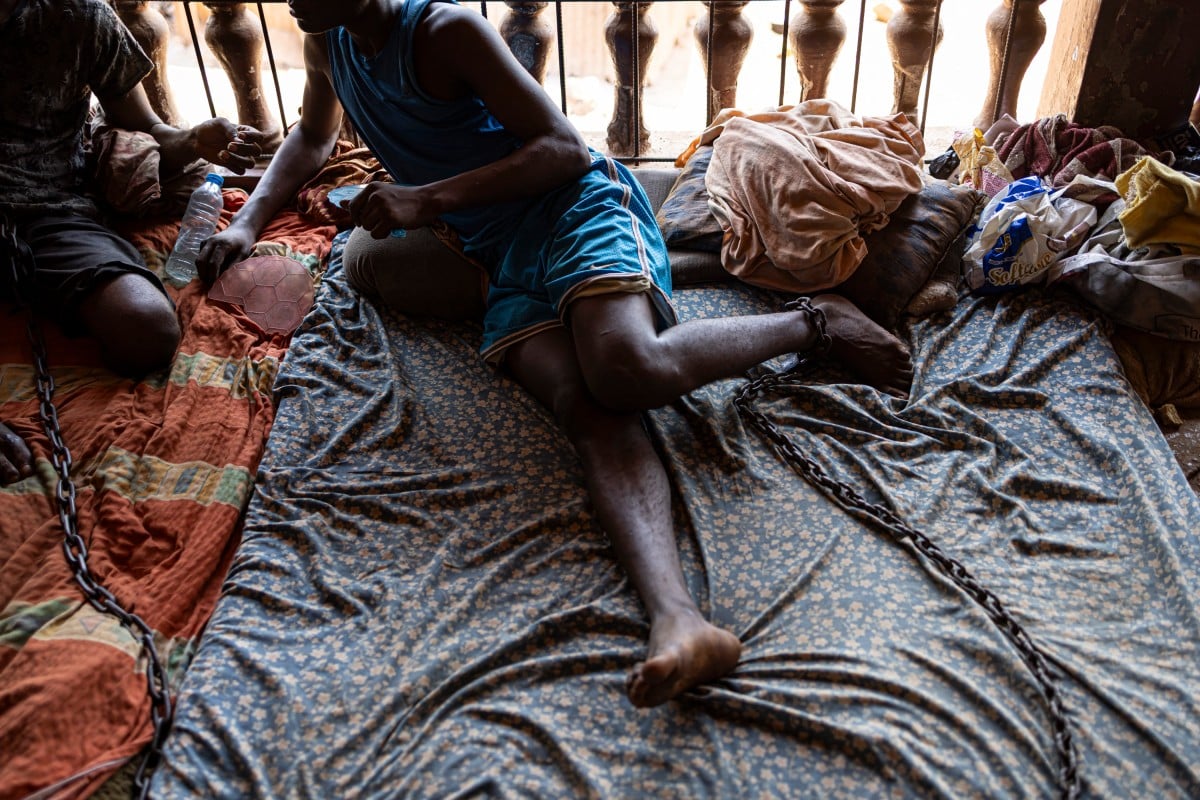
Commentaires (0)
Participer à la Discussion
Règles de la communauté :
💡 Astuce : Utilisez des emojis depuis votre téléphone ou le module emoji ci-dessous. Cliquez sur GIF pour ajouter un GIF animé. Collez un lien X/Twitter, TikTok ou Instagram pour l'afficher automatiquement.